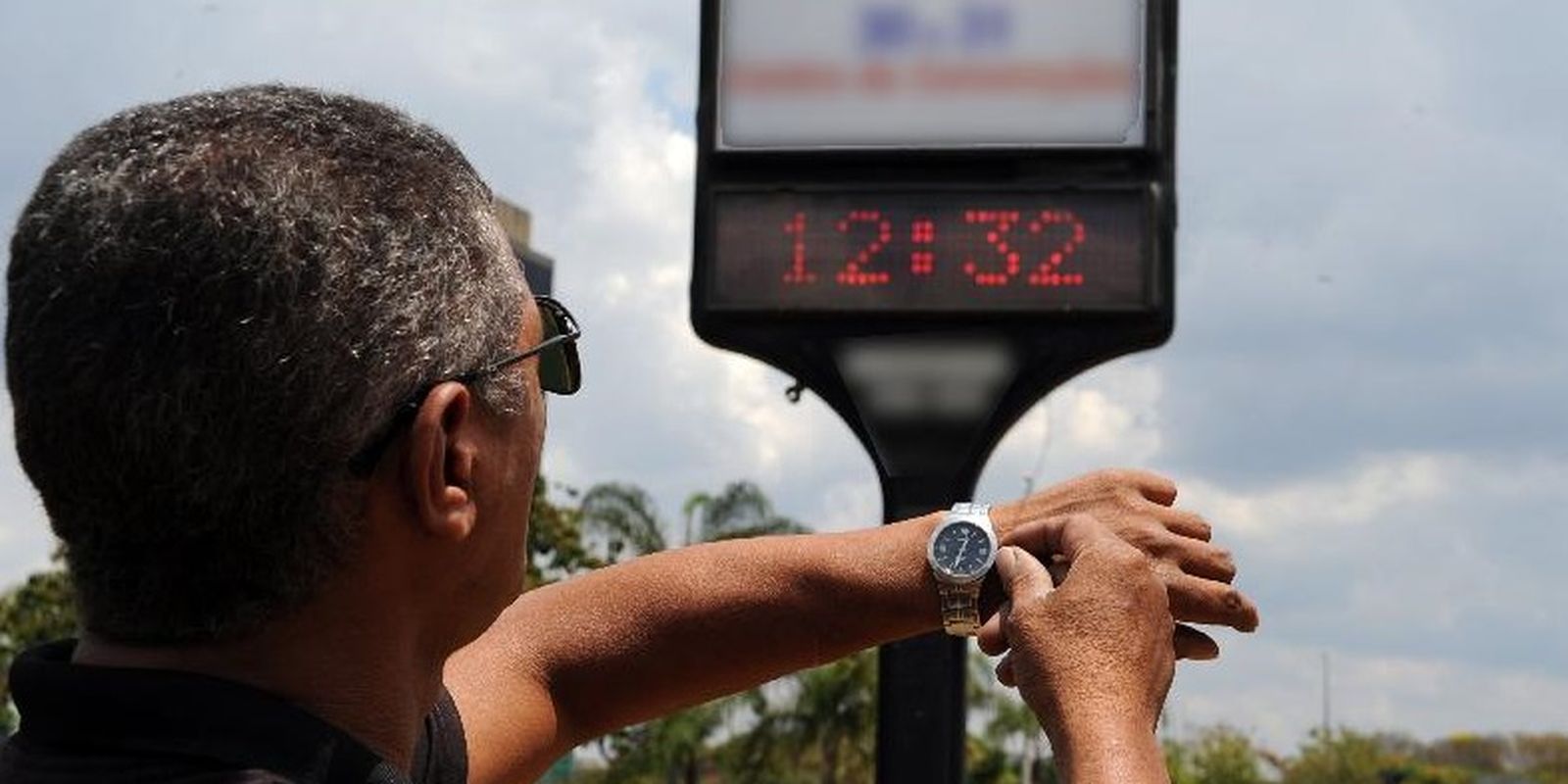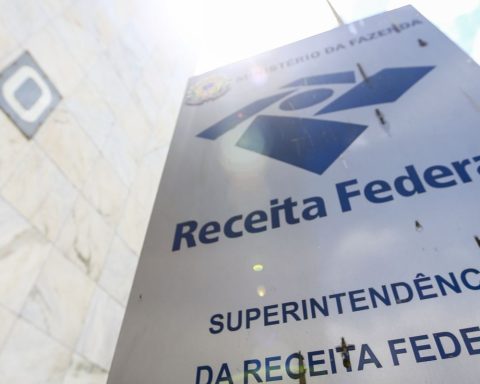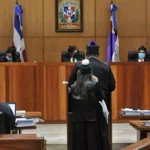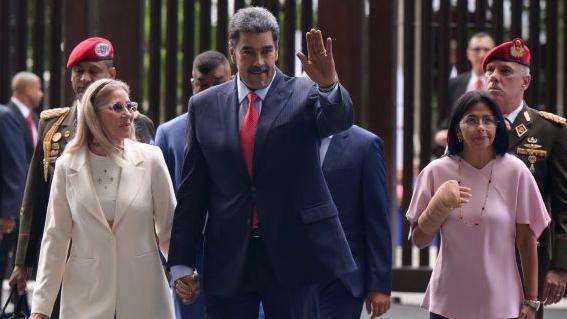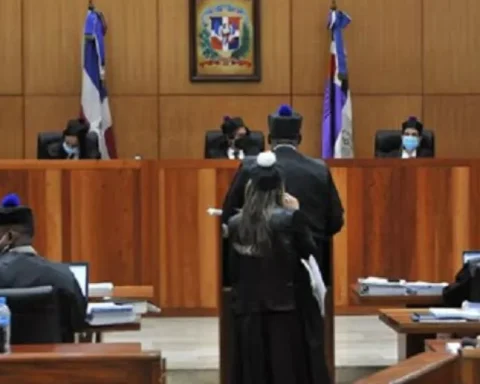The Minister of Mines and Energy (MME), Alexandre Silveira, stated, this Thursday (12), in São Paulo, that the return of Brazilian daylight saving time is a real possibility, to better use natural light in relation to artificial light and the consequent reduction in electricity consumption in the country.
“Daylight saving time is a real possibility, but it is not a fact because it has implications, not only energy-related, but also economic implications. It is important to reduce the dispatch of thermal power plants during peak hours, but it is one of the measures, because it has a huge impact on people’s lives”, acknowledges the Minister of Mines and Energy (MME), Alexandre Silveira.
Due to the implications of daylight saving time in the daily lives of Brazilians, the head of the department understands that the decision to advance clocks by one hour in part of Brazilian territory cannot be taken hastily.[A medida] should not be taken hastily. If necessary, rest assured, we will return to the schedule [de verão]”, concluded the minister.
Silveira confirmed that, on Monday, he ordered the Electricity Sector Monitoring Committee (CMSE) and the National Electric Energy Secretariat (MME) to meet with the National Electric System Operator (ONS) to present a contingency plan for the summer of 2024/2025 and the energy planning for next year.
Alexandre Silveira also stated that research shows that the effects of daylight saving time – during the spring and summer months – are positive for several economic sectors in Brazil, such as tourism, as well as bars and restaurants.
Thermal and green energy
The minister believes that the savings generated by daylight saving time are important to reduce the dispatch of thermal power plants during peak consumption times, generally between 6 pm and 9 pm.
Therefore, in the contingency plan requested from the Electricity Sector Monitoring Committee, the minister said he wanted information on which thermal plants are owned by Petrobras, which are owned by the private sector, and which are the main sources of the plants that generate electricity from, for example, burning diesel oil, a fossil fuel derived from petroleum. The objective is to maintain the balance of the Brazilian electricity sector with energy security.
Demand
The minister stated that energy generation is necessary in the country because global temperatures have been rising and presented data on the growth in energy consumption. “Before September of this year, Brazil had never consumed 105 gigawatts. [GW] in one afternoon. The average is 85 GW, which shows that we had all the air conditioning units in Brazil turned on and that the need for energy is increasingly fluctuating in Brazil.”
For him, the energy future depends on the green economy. “There is no salvation outside of the new green economy that considers the need for economic development; for capital to be remunerated sustainably; with the strictest respect for environmental legislation and social benefits to combat inequality, which is a reality in our country.”
The minister’s statements were made in São Paulo, during a meeting with the Italian Minister of Environment and Energy Security, Gilberto Prichetto Fratin, who monitored measures to improve the quality of services provided by Enel Distribution company Sao Pauloafter the last power outages in that state.
Daylight Saving Time
Brazilian summer time was first instituted by then president Getúlio Vargas, from October 3, 1931 to March 31, 1932.
In Brazil, daylight saving time operated continuously from 1985 until 2019, when the previous federal government decided to revoke it in April 2019, claiming it was not very effective in saving energy.
Before it was abolished, the period of validity of daylight saving time between the months of October and February was defined, according to technical criteria, to take advantage of the differences in luminosity between the summer periods and the rest of the year.
The measure had an impact on reducing the concentration of electricity consumption between 6 pm and 9 pm.
Until its abolition, daylight saving time was applied in the states of Rio Grande do Sul, Santa Catarina, Paraná, São Paulo, Rio de Janeiro, Espírito Santo, Minas Gerais, Goiás, Mato Grosso, Mato Grosso do Sul and also in the Federal District. The North and Northeast regions were left out of the public policy, as they did not represent a significant reduction in energy demand in the states of the two regions, due to the difference in luminosity in relation to the rest of the country.
According to decree no. 9,242 of 2017, daylight saving time ran from midnight on the first Sunday of November each year until midnight on the third Sunday of February the following year. However, if it coincided with Carnival Sunday, it ended on the following Sunday.
In response to Brazil Agencythe Ministry of Mines and Energy clarifies that the return of daylight saving time must be analyzed under several aspects, such as energy generation, rainfall levels and also the economic aspects of the measure. The MME continues to analyze the conditions responsibly, so as to guarantee energy security for all Brazilians.
